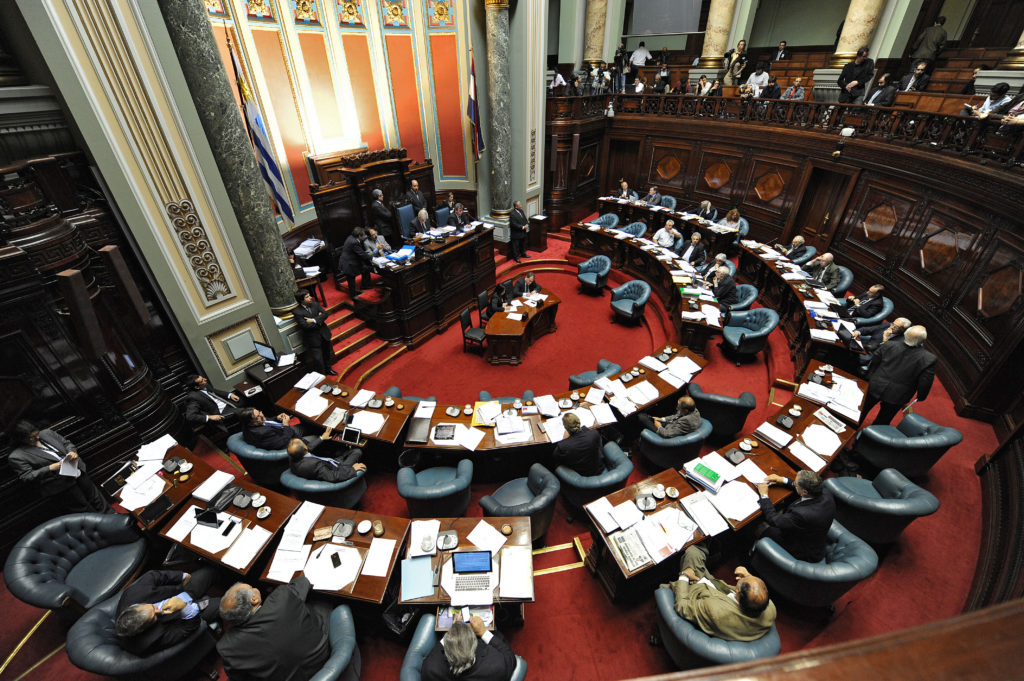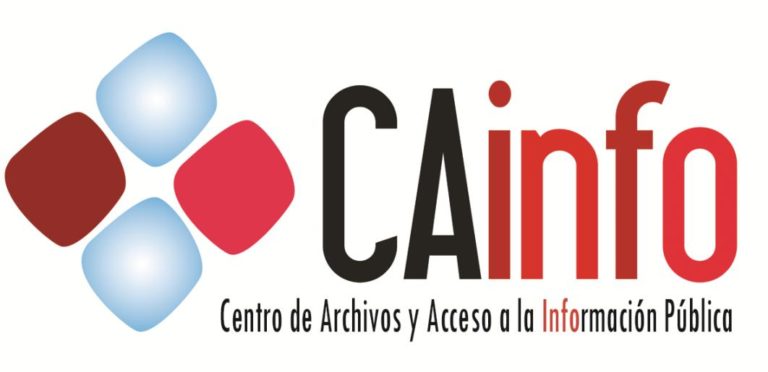The bill under discussion, if passed, could seriously affect freedom of expression and result in a direct departure by the Uruguayan state from its international human rights commitments.
The Executive Branch’s initiative to repeal the Audiovisual Communication Services Act currently in force would open the door to the reinstatement of provisions and limitations dating back to the country’s dictatorial period, which would mean significantly curtailing freedom of expression and access to information, and would also threaten the existence of any media outlets that government authorities may deem contrary to the “morals” or “prestige” of the Republic.
On July 15, OBSERVACOM spoke before the Parliamentary Committee to argue against repealing the Media Act, noting that “there are not enough reasons for a full repeal” of the law and warning about the complex consequences it would bring, which “would be incompatible with the right to freedom of expression [as well as with access to a] free and open internet”.
OBSERVACOM also joined Cainfo and other civil society organizations in issuing a formal communication to the Special Rapporteur for Freedom of Expression of the Inter-American Commission on Human Rights (IACHR), alerting about the effects of the bill and asking him to monitor the situation through the channels available to the IACHR.
Among other consequences, repealing the law would eliminate provisions aimed at preventing media concentration and protecting the rights of children and adolescents, as well as other recognized rights that pertain to journalists, such as the right to conscientious objection.
Another aspect that raises concern is a return to full discretionary decision-making in the allocation of frequencies to audiovisual media outlets, something that in the past allowed both the military dictatorship and the two subsequent democratic governments to arbitrarily grant concessions to new media outlets based on political criteria. This would eliminate the obligation to call for bids, tenders, or projects, abandoning all transparency and public participation criteria.
In sum, repealing the law would be a serious step backwards in terms of human rights, in particular the right to freedom of expression, with major long-term impacts on Uruguay’s democracy. For these reasons, we urge the Uruguayan parliament to refrain from repealing the current Audiovisual Communication Services Act and thus ensure that the efforts that have made Uruguay a regional and international example and model of democracy and protection of human rights are not undermined.
About IFEX-ALC:
IFEX-ALC, of the IFEX global network, is formed by 24 organizations from 14 countries of Latin America and the Caribbean dedicated to the defense of freedom of expression and a free press.



